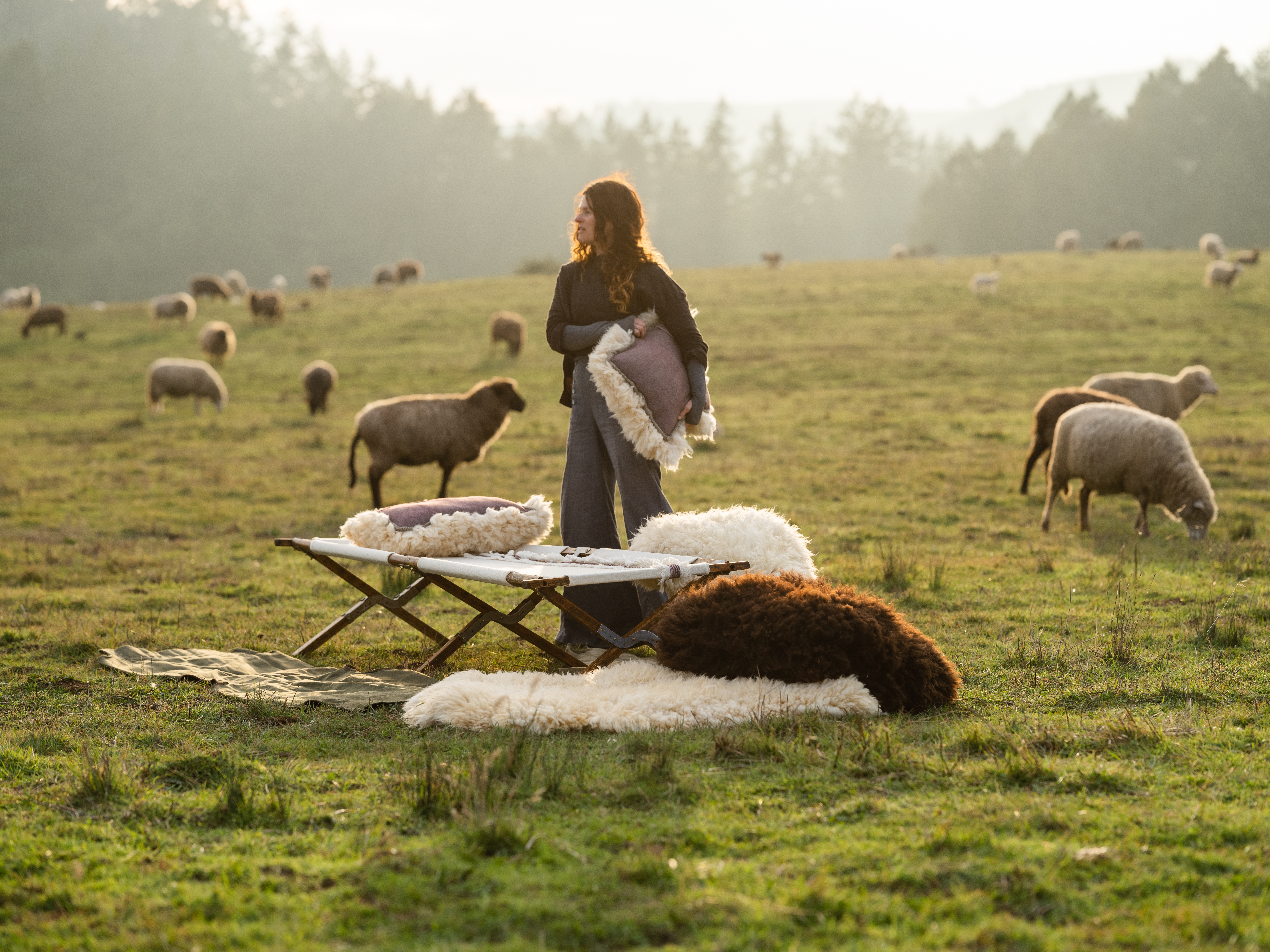Climate Beneficial™ Agriculture
We develop natural fiber and dye systems that contribute to the stabilization of our climate: our north star includes 6 billion pounds of carbon drawdown potential, with a 1% increase in Soil Organic Carbon on the working landscapes engaged in our Northern California network, with concurring increases in water-holding capacity, wildlife and pollinator habitat, and reductions in wildfire fuel load and herbicide and fertilizer use. We work directly with land stewards to implement land management practices that build soil carbon and increase productivity naturally.
Explore our Carbon Farm Report
Current Grant Opportunities:
Fibershed Healthy Soils Program Block Grant
Climate Beneficial Fiber Partnerships – USDA Climate Smart Commodities Grant





